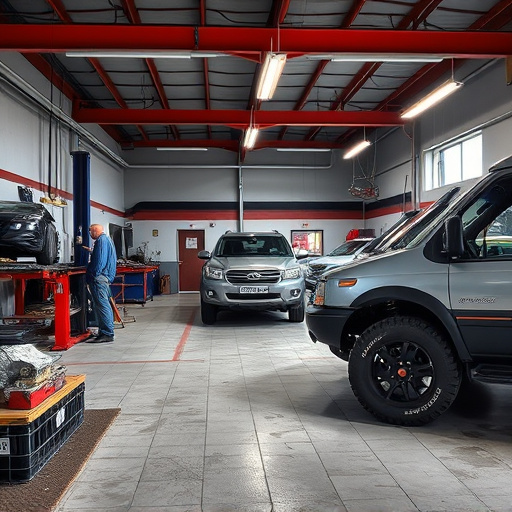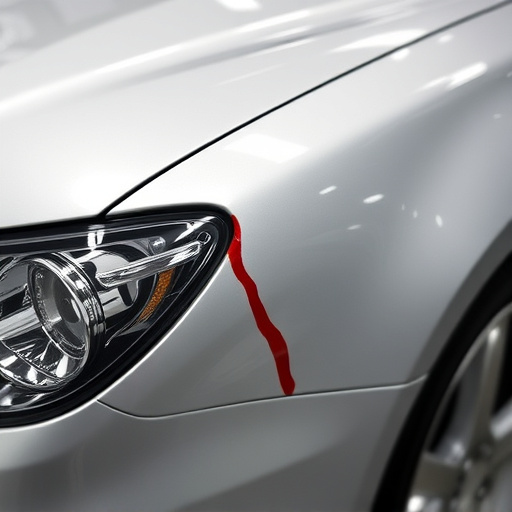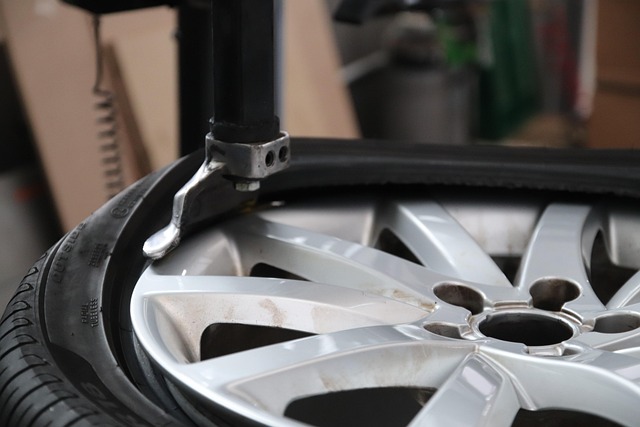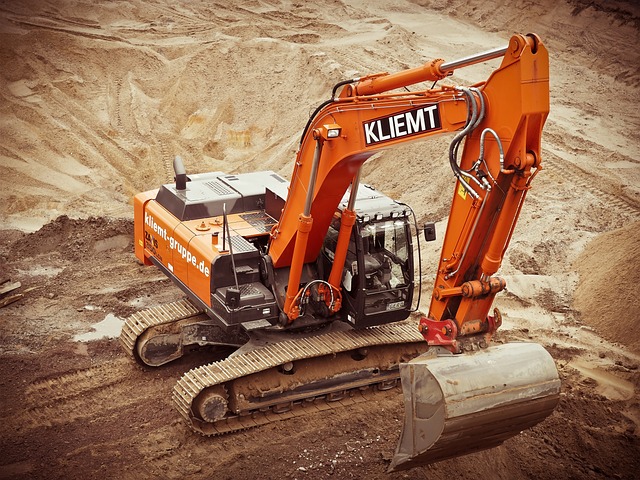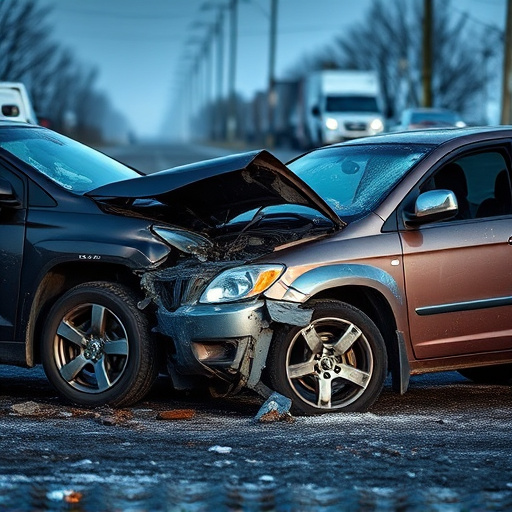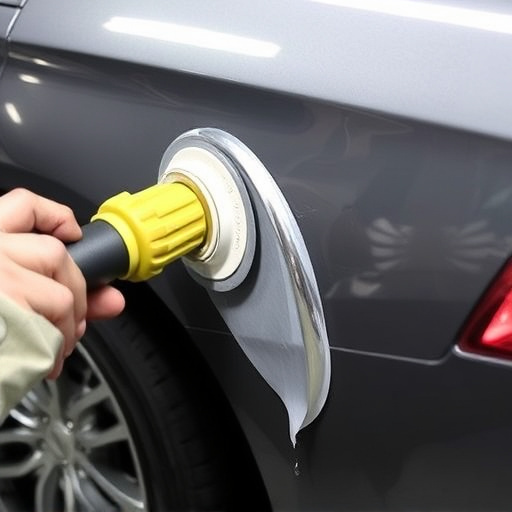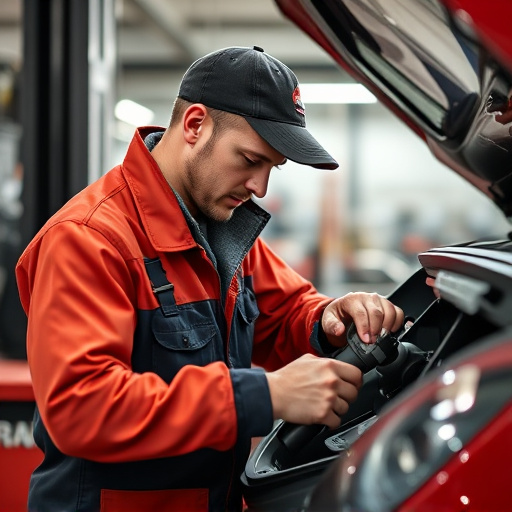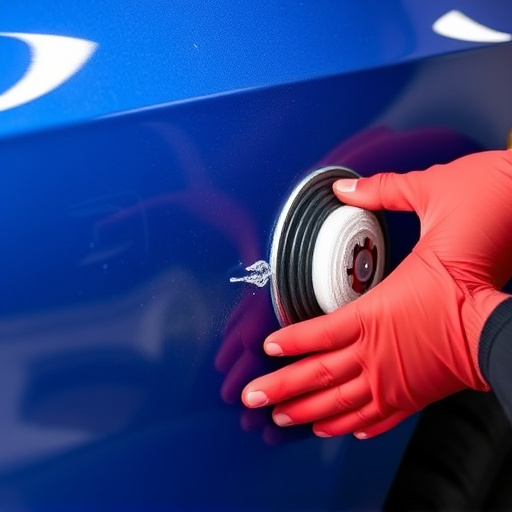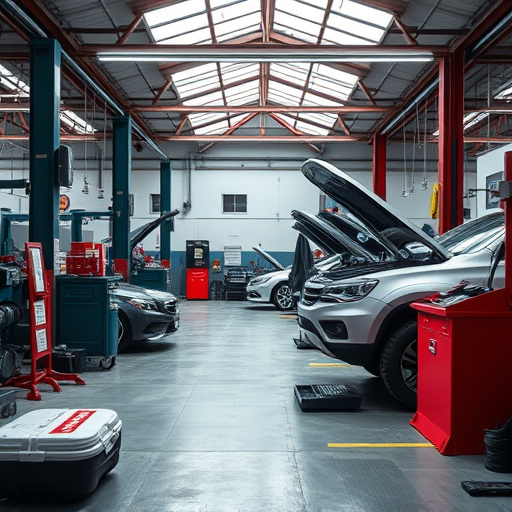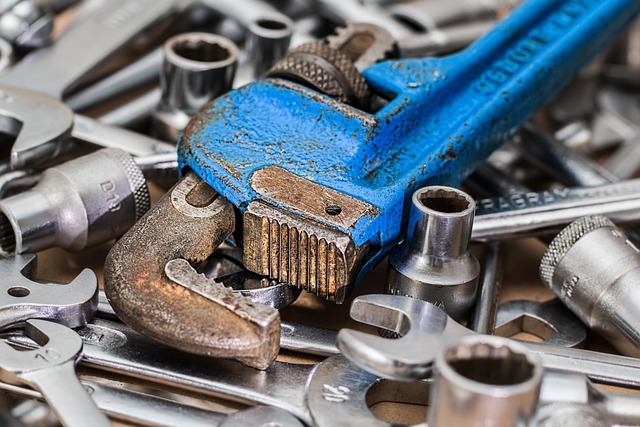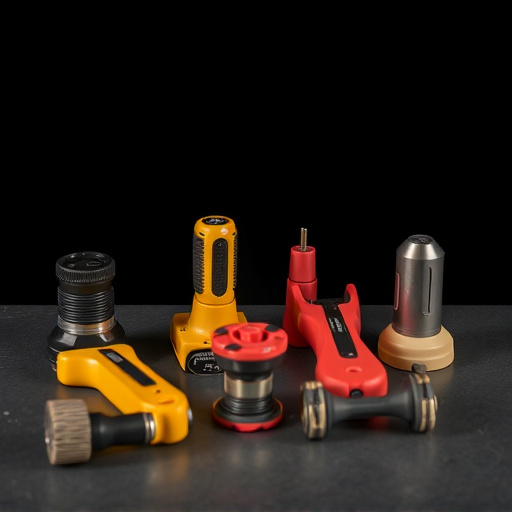A pre-delivery inspection (PDI) is a critical quality control step for vehicles, ensuring they meet safety and environmental standards. This process includes assessing exterior condition, functionality of key systems, vital components, and adherence to regulations on hazardous material disposal and eco-friendly practices. PDI is essential in vehicle restoration and auto body services, maintaining compliance with legal requirements while promoting sustainability. It involves detailed inspections by trained staff, leveraging digital tools for accurate record keeping, and continuous process improvements based on feedback from quality control and repair services.
In the dynamic landscape of logistics, a meticulous Pre-Delivery Inspection (PDI) is not just a best practice—it’s an indispensable step for ensuring product safety and environmental compliance. This comprehensive guide delves into the intricacies of PDI, offering a detailed checklist to navigate the process effectively. We also explore critical environmental safety regulations, providing essential insights for businesses aiming to stay compliant. By implementing these best practices, organizations can minimize risks, enhance product quality, and foster a sustainable delivery process.
- Understanding Pre-Delivery Inspection: A Comprehensive Checklist
- Environmental Safety Regulations: Key Aspects to Comply With
- Best Practices for Ensuring Product Safety and Compliance Before Delivery
Understanding Pre-Delivery Inspection: A Comprehensive Checklist

A pre-delivery inspection is a meticulous process that ensures vehicles meet safety and quality standards before reaching their final destination. This crucial checklist covers every aspect, from examining the vehicle’s exterior, including its auto body painting and any signs of damage, to verifying the functionality of essential systems like brakes, lighting, and auto glass repair. It also delves into critical components such as the engine, transmission, and electrical systems, ensuring they operate optimally.
During this inspection, professionals meticulously assess the overall condition of the vehicle, focusing on both cosmetic and mechanical elements. Proper auto maintenance practices are verified to guarantee that the vehicle is safe for operation and meets environmental safety regulations. This includes checking fluid levels, tire conditions, and ensuring all safety features, such as airbags and seatbelts, are in place and functioning correctly.
Environmental Safety Regulations: Key Aspects to Comply With
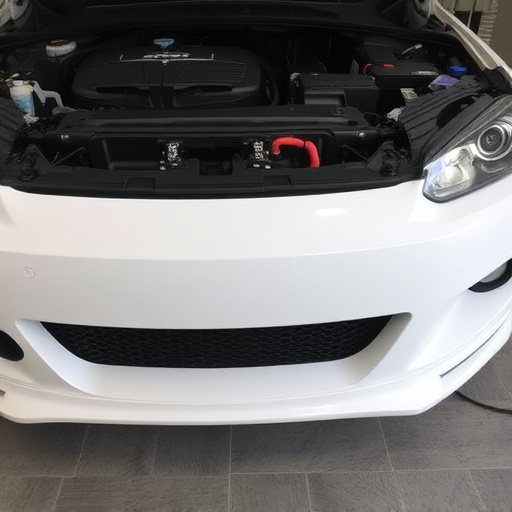
In the realm of pre-delivery inspection, understanding environmental safety regulations is paramount for any business dealing with vehicle restoration or auto body services. Key aspects to comply with include proper disposal protocols for hazardous materials commonly found in automotive collision repair, such as solvents and heavy metals. These substances must be handled, stored, and disposed of according to strict industry standards to prevent soil and water contamination.
Additionally, regulations mandate the use of eco-friendly alternatives where possible, promoting a sustainable approach to automotive collision repair and vehicle restoration. This involves utilizing low-VOC (volatile organic compound) paints and adhesives, as well as recycling materials like metal and plastics whenever feasible. Adhering to these guidelines not only ensures legal compliance but also contributes to a greener environment for future generations.
Best Practices for Ensuring Product Safety and Compliance Before Delivery
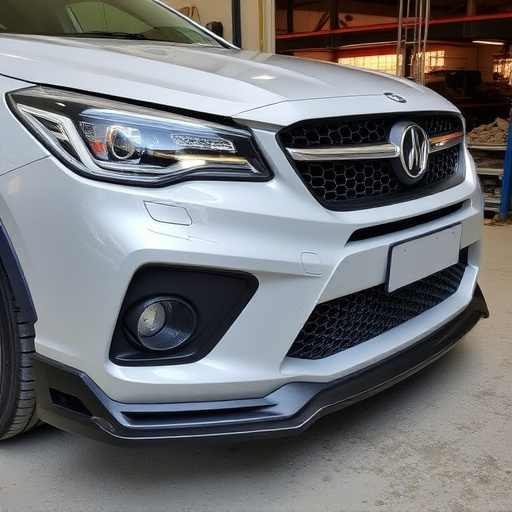
Before delivering any goods, conducting a thorough pre-delivery inspection is non-negotiable. This step serves as a critical line of defence against potential safety hazards and ensures your products meet environmental standards. During this process, closely examine every item for defects, damage, or discrepancies against the original specifications. Remember, even minor issues can have significant implications for both customer satisfaction and regulatory compliance.
For optimal results, incorporate best practices such as employing trained personnel who understand relevant safety protocols and industry standards. Additionally, leverage technology like digital inspection tools to document findings accurately and maintain a transparent audit trail. Regularly updating these procedures with feedback from quality control teams and vehicle repair services can help refine your pre-delivery inspection process, ultimately fostering compliance with environmental safety regulations while ensuring the integrity of your products, be it car dent repair or comprehensive car body restoration services.
A robust pre-delivery inspection (PDI) process is not just a regulatory requirement but also a critical step in ensuring product safety, quality, and environmental compliance. By meticulously adhering to the comprehensive checklist provided and understanding key environmental safety regulations, businesses can minimize risks, avoid costly delays, and foster customer trust. Implementing best practices for PDI enables companies to deliver products that meet high standards, contributing to both operational efficiency and sustainable business practices.
